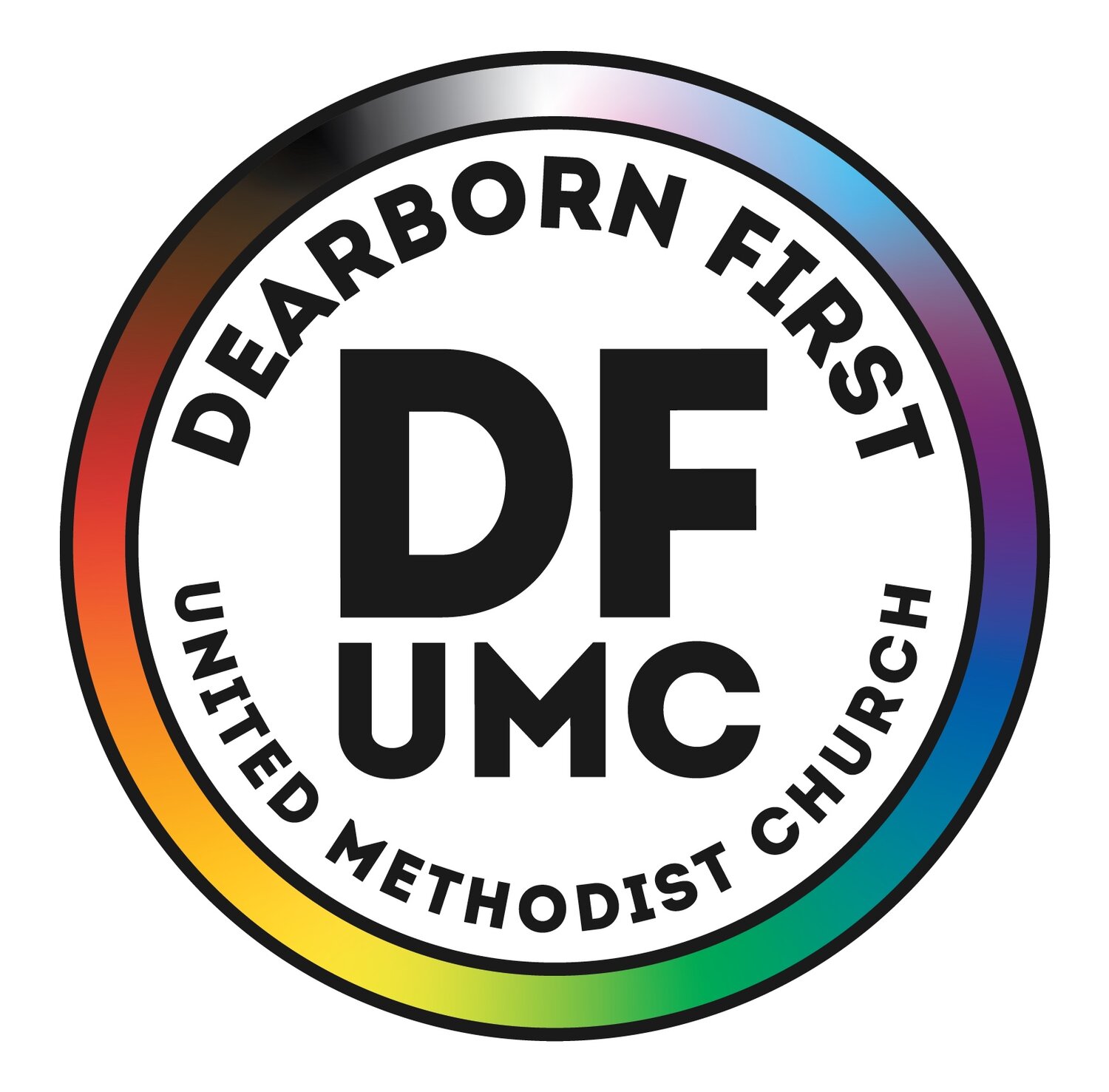Embracing Inclusivity: The Heart of Reconciling Congregations
By Mary Gladstone-Highland
Board Member, Reconciling Ministries Network
Member, Dearborn First UMC
May 3, 2024
Growing up in the United Methodist Church, I’ve been fortunate to experience the richness of faith and community. Vibrant worship services and deep connections with people from all walks of life have colored my journey in the UMC with moments of profound joy and fellowship.
Yet, alongside these blessings, I’ve also witnessed the pain caused by discrimination and exclusion within our denomination.
Joining a Reconciling Congregation: A personal choice to seek a community, committed to welcome and inclusion
For many, myself included, being a Reconciling Congregation holds a special significance. It’s a beacon of hope, a sanctuary where all are welcomed and affirmed regardless of their identity or background. After experiencing both the blessings and hurts of the church, my family and I made a deliberate choice to become part of a Reconciling Congregation when we moved in 2018. Our decision was not just about finding a church home but about aligning ourselves with a community dedicated to embracing all of God's children.
Being a reconciling church means more than just words on a sign or a statement of welcome; it’s a commitment to embodying Christ’s love in every interaction. It means standing against discrimination and actively working to create a safe space for everyone to experience the transformative power of community and connect with our loving God. This ethos attracts new members and sustains our pride in being United Methodists, even amidst the challenges facing our denomination.
RMN’s evolution into intersectional justice
In 2021, I had the privilege of joining the Reconciling Ministry Network (RMN) board. Through RMN, I’ve had the opportunity to advocate for the full inclusion of LGBTQAI+ individuals within our denomination and support initiatives that promote intersectional justice.
Over the past few years, RMN has actively addressed the challenges posed by the UMC’s discriminatory practices and amplified the voices of marginalized communities within the church. We’ve embraced the concept of intersectionality, recognizing that our identities intersect in complex ways, shaping our experiences and perspectives. Folks do not solely identify as a member of the LGBTQIA+ community. Someone may be a gay individual who is also a person of color or a transgendered individual who also has a disability. We identify in many ways that impact how we perceive the world, and are impacted by discrimination or injustices.
As part of this effort, RMN has adopted a new mission statement and core values centered on promoting intersectional justice across the United Methodist connection.
How can Dearborn First UMC support this focus locally?
One of the most exciting initiatives we’ve undertaken is developing inclusive resources for United Methodist churches. The JUST Like Me Vacation Bible School curriculum, which will be used this August at Dearborn First UMC, is a prime example of this endeavor, designed to help children celebrate their identities as God’s beloved creations. Through engaging lessons and activities, students learn the importance of community, empathy, and standing up for others.
As members of reconciling congregations, we are responsible for actively supporting and engaging with the work of inclusion and justice. Whether it’s through sharing our experiences with others, connecting with RMN on social media, or contributing to the movement financially, each of us has a role to play in fostering a more inclusive church.
So, I invite you to join us on this journey of love and acceptance. Let’s continue building a church where all feel welcomed, affirmed, and celebrated.
Learn more about Reconciling Ministries Network, its mission, and how you can be a Reconciling United Methodist and/or support this important work at RMNetwork.org
“This work is important to me because I’m a queer person of faith, and I understand the power that faith communities wield in withholding or creating a safer, more liberative world for us all. My faith is hard-won, and I’m a better Christian because of my queerness. Faith communities with a heart for LGBTQ justice have a responsibility and an opportunity to be loud and proud of their inclusive posture for the sake of marginalized peoples and for the sake of their spiritual integrity.”
About the Author
Mary Gladstone-Highland is a life-long United Methodist who has served as a domestic missionary for the General Board of Global Ministries for twelve years and is committed to helping churches to be healthy and thriving witnesses of Christ’s love. Mary has experience working on issues that affect the denomination internationally and has served as a panel expert for regional and jurisdictional conferences. Mary is also the Founder and Principal of Spark Group Consulting, with sixteen years of experience leading nonprofit organizations. A graduate of the Maxwell School of Citizenship & Public Affairs at Syracuse University, she holds a Master of Public Administration and a Certificate in Advanced Study in Conflict and Collaboration. She is also the best-selling author of Grant Writing: The Complete Workbook for Writing Proposals that Win and coauthor of Calm: How to End Destructive Conflict in Your Church.



